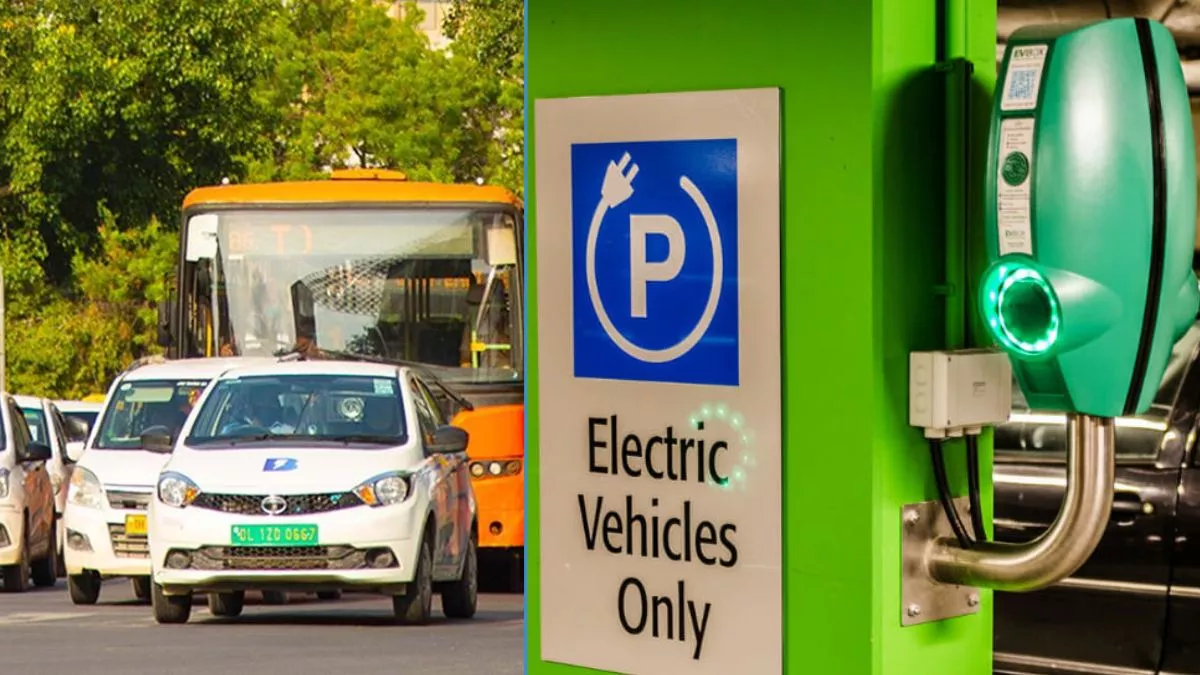The Maharashtra government has announced that all electric vehicles will be exempted from paying tolls on two of the state’s busiest road corridors—the Mumbai-Pune Expressway and the Samruddhi Mahamarg—starting May 1, 2025.
The announcement comes amidst concerns over Maharashtra’s slower pace of EV penetration compared to other Indian states. According to official data compiled until 1 January 2025, the state lags in EV registration figures, despite being home to major urban centres and a strong automobile ecosystem. The state administration is now intensifying its efforts to close this gap and position itself as a leader in green mobility. Officials have stated that the toll exemption is part of a broader strategic shift to incentivise cleaner transport options. The Mumbai-Pune Expressway, a 94-km controlled-access highway, and the 701-km Samruddhi Mahamarg connecting Nagpur to Mumbai, are key vehicular arteries that see thousands of private and commercial vehicles daily. Making EV travel more economically viable on these routes is expected to drive greater public interest in electric mobility, particularly for long-distance users and fleet operators. In addition to the toll waiver, the state is drawing up plans to develop EV-friendly infrastructure along its highways. As part of this initiative, charging stations will be installed at intervals of every 25 kilometres along the expressways, ensuring that range anxiety—one of the chief concerns for EV users—becomes a thing of the past.
Transport department insiders say this twin-pronged policy—reduced operational costs and improved charging infrastructure—is designed to transform EVs from a niche choice into a mainstream solution. With improved access to energy-efficient mobility, the state aims to both reduce vehicular emissions and set a new benchmark for sustainable urban and intercity travel in India. The government’s latest measures are also in line with its broader vision to contribute towards India’s national target of achieving net-zero carbon emissions by 2070. With cities like Mumbai and Pune grappling with deteriorating air quality and traffic congestion, the state’s push for electric transport seeks to create cleaner, quieter, and more equitable urban spaces. While many urban dwellers have already begun exploring electric two-wheelers and cars, the state’s next phase of action is expected to include incentives for commercial EV fleets, expanded charging infrastructure in Tier-II towns, and greater collaboration with private sector innovators.
With May 1 approaching, stakeholders across the mobility and clean energy sectors will be watching closely as Maharashtra tests its blueprint for a low-emission future on its most high-profile highways.
Also Read : https://urbanacres.in/chennai-residents-face-dust-and-damaged-roads-due-to-repeated-digging-again/
Maharashtra Plans Charging Stations on Highways


